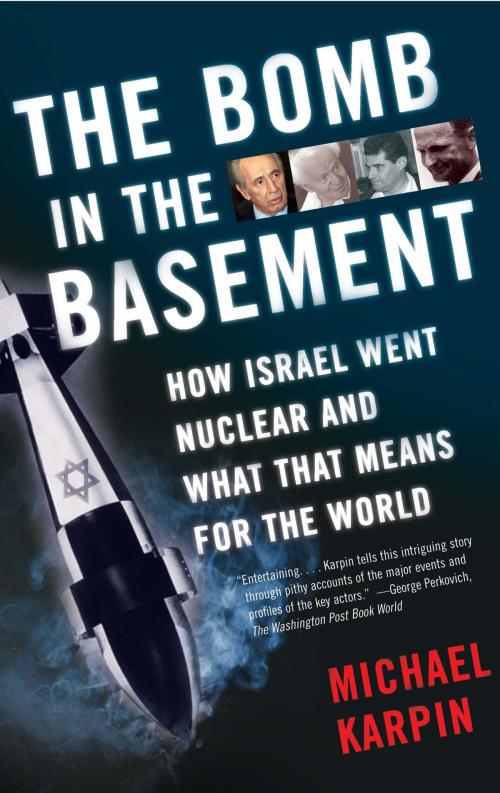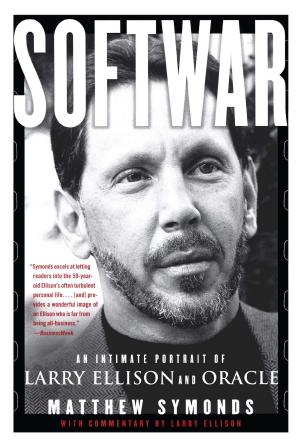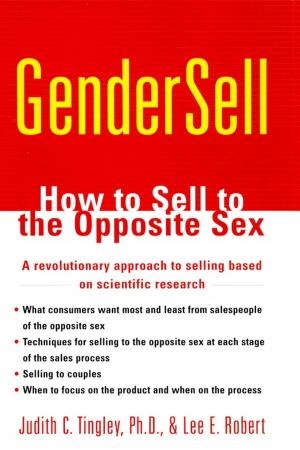The Bomb in the Basement
How Israel Went Nuclear and What That Means for the World
Nonfiction, History, Military, Nuclear Warfare, Middle East, Israel| Author: | Michael Karpin | ISBN: | 9780743282345 |
| Publisher: | Simon & Schuster | Publication: | March 1, 2006 |
| Imprint: | Simon & Schuster | Language: | English |
| Author: | Michael Karpin |
| ISBN: | 9780743282345 |
| Publisher: | Simon & Schuster |
| Publication: | March 1, 2006 |
| Imprint: | Simon & Schuster |
| Language: | English |
THE BOMB IN THE BASEMENT tells the fascinating story of how Israel became the Middle East's only nuclear power and -- unlike Iraq and Iran -- succeeded in keeping its atomic program secret.
Veteran Israeli journalist Michael Karpin explains how Israel, by far the smallest of the nuclear powers, succeeded in its ambitious effort. David Ben-Gurion saw the need for an atomic capability to offset the numerical superiority of Arab armies at war with Israel. The Israeli program relied heavily on French assistance in its early years, until President Charles de Gaulle reduced his country's cooperation. Once it was discovered, Israel's nuclear program cast a shadow over relations between Israel and the United States. The Kennedy administration opposed it, and President Lyndon Johnson approved it only tacitly.
Significant change took place when President Richard Nixon and Secretary of State Henry Kissinger adopted a new strategy. An Israel that possessed nuclear capability was a more valuable asset to the West than an Israel without such an option. President Nixon ceased to press Israel to join the Nuclear Non-Proliferation Treaty and dropped U.S. surveillance of the Israeli reactor at Dimona. In exchange, Israel committed itself to maintain official ambiguity about its nuclear program. That policy remains in place nearly forty years later. Without American approval and the financial assistance and lobbying of Jews in North America, Israel could not have achieved its nuclear capability.
This is a fascinating story of scientists, politicians, spies, and major international personalities who all played a part in an extraordinary undertaking that continues to shape the politics of the world's most volatile region. Today it remains to be seen whether Israel will permit Iran to build a nuclear bomb and threaten Israel's security.
THE BOMB IN THE BASEMENT tells the fascinating story of how Israel became the Middle East's only nuclear power and -- unlike Iraq and Iran -- succeeded in keeping its atomic program secret.
Veteran Israeli journalist Michael Karpin explains how Israel, by far the smallest of the nuclear powers, succeeded in its ambitious effort. David Ben-Gurion saw the need for an atomic capability to offset the numerical superiority of Arab armies at war with Israel. The Israeli program relied heavily on French assistance in its early years, until President Charles de Gaulle reduced his country's cooperation. Once it was discovered, Israel's nuclear program cast a shadow over relations between Israel and the United States. The Kennedy administration opposed it, and President Lyndon Johnson approved it only tacitly.
Significant change took place when President Richard Nixon and Secretary of State Henry Kissinger adopted a new strategy. An Israel that possessed nuclear capability was a more valuable asset to the West than an Israel without such an option. President Nixon ceased to press Israel to join the Nuclear Non-Proliferation Treaty and dropped U.S. surveillance of the Israeli reactor at Dimona. In exchange, Israel committed itself to maintain official ambiguity about its nuclear program. That policy remains in place nearly forty years later. Without American approval and the financial assistance and lobbying of Jews in North America, Israel could not have achieved its nuclear capability.
This is a fascinating story of scientists, politicians, spies, and major international personalities who all played a part in an extraordinary undertaking that continues to shape the politics of the world's most volatile region. Today it remains to be seen whether Israel will permit Iran to build a nuclear bomb and threaten Israel's security.















